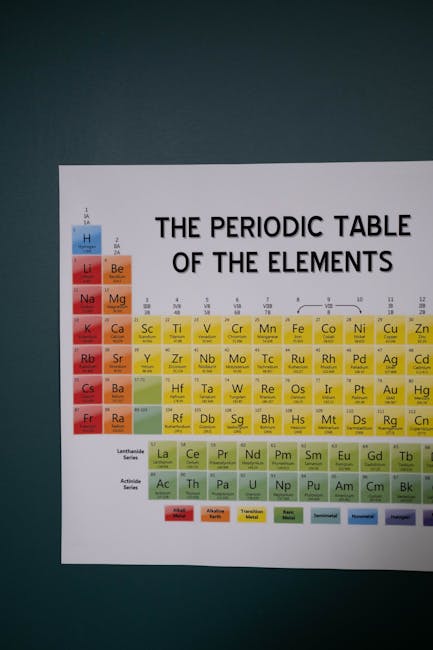Fundamentals of Electrochemical Cell Design
Core Components and Their Functions An electrochemical cell is a system that converts chemical energy into electrical energy (galvanic/voltaic cell) or uses electrical energy to drive a non-spontaneous chemical reaction (electrolytic cell). Its design is a meticulous interplay of materials science, thermodynamics, and engineering to achieve desired performance metrics like voltage, current, power, efficiency, and …








